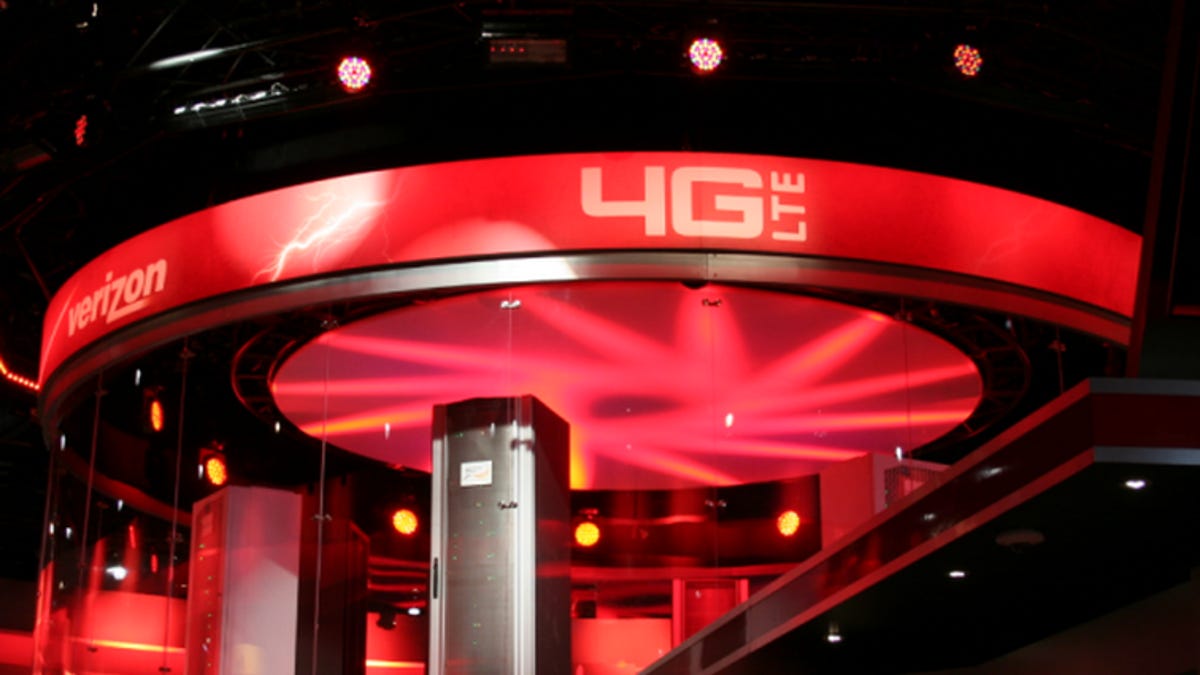For heavy unlimited data customers, life just got harder
AT&T and Verizon are clamping down on their heaviest users. Does this play into T-Mobile's narrative about greedy carriers?

Verizon is ready to give some of its heaviest users the boot.
Depending on who you ask, this is either a new age for unlimited data or the end of a really good ride.
Verizon and AT&T are playing hardball with legacy unlimited data customers, people who signed up for all-you-can-eat data in the early days when it was cheap, and never gave it up. AT&T said on Tuesday that it would raise the rates on those customers by $5 a month.
The same day, Verizon said it was going after anyone who uses 200 gigabytes of data -- equivalent to roughly 250 hours of high-definition streaming video -- and forcing them to either move to a new tiered plan or face disconnection.
The timing couldn't be worse. The moves come just a week after T-Mobile CEO John Legere got on stage at a CES press conference in Las Vegas to trumpet the company's mission to get everyone using unlimited. Legere went on his usual rant about greedy carriers "screwing" customers over, and AT&T and Verizon clamping down on unlimited data fuels that narrative. It doesn't hurt that this comes at a time when consumers are more aware of how much data they consume.
Take a closer look and things aren't quite as black and white.
Verizon's actions seems particularly bad when taken in a vacuum, but it helps to look at how much data 200GB actually is. This isn't normal usage for your standard power user. To use up 200GB of data, you'd have to either download more video than you have time to watch, or run a business or website through the phone, which serves as a modem, according to Roger Entner, a consultant for Recon Analytics.
Like Verizon, T-Mobile CEO John Legere took aim at heavy users, back in August 2015. But he spun it to consumers in a much better way.
"It has a lot more PR impact than a real business impact," Entner said. These heavy users are "a very small, but extremely vocal, segment."
Verizon isn't the first to introduce this policy, but the company is going about it in a clumsy way, Entner said. Just look back to August 2015, when T-Mobile's Legere put out a 500-word blog post slamming heavy data users as "thieves" who were hurting the experience for everyone by tethering their phones to the LTE network. Legere was doing the same thing then that Verizon is doing now, but he framed the conflict differently.
"If their activities are left unchecked," Legere wrote at the time, "their actions could eventually have a negative effect on the experience of honest T-Mobile customers. Not on my watch."
Legere turned it into a case of us (the regular user) versus them (heavy data user), Entner said. When Verizon does it more than a year later via a short e-mail, it becomes a case of us versus Verizon.
"Verizon should have used it as an opportunity to talk about how these users are gouging the system," Entner said.
AT&T's actions, meanwhile, are a bit clearer. The $5 hike is another not-so-subtle message that the company wants its legacy unlimited data users to switch to new plans. The company continues to tout the ability to keep unlimited data when a customer signs up for DirecTV or U-Verse TV pay-TV service.
In the meantime, T-Mobile and Sprint tout their unlimited data plans. The companies have been able to push unlimited data because they compress the video data into a smaller file. That means the image is less sharp; it's good enough for a small screen (think DVD quality), but it's not full high-definition video.
AT&T has also jumped on that bandwagon, offering lower quality video but without any discount (the benefit, it argues, is you use less data). Verizon hasn't chosen to downgrade the video stream yet.
If T-Mobile and Sprint keep trumpeting unlimited data, though -- and keep nabbing all the new customers quarter after quarter -- Verizon and AT&T may eventually change their tune.
Let's hope it's not with a short e-mail.
Batteries Not Included: The CNET team shares experiences that remind us why tech stuff is cool.
Does the Mac still matter? Apple execs tell why the MacBook Pro was over four years in the making, and why we should care.

